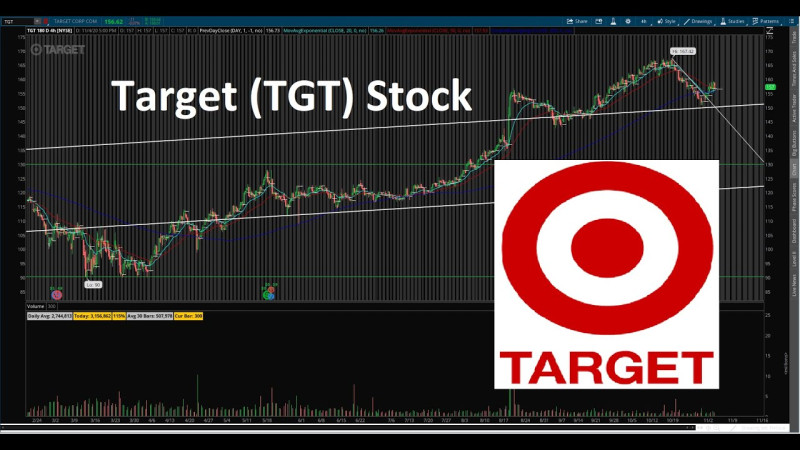Target Corporation, a cornerstone of American retail, has experienced a challenging third quarter, with earnings that failed to meet investor expectations and a stock price that has continued to decline. The company reported a 1.5% sales decline year over year, bringing in $25.3 billion compared to the estimated $25.04 billion. Despite the difficult circumstances, the company remains optimistic about its future performance.
CEO Michael Fiddelke described the performance as "in line with expectations," acknowledging that the company faces multiple challenges. The earnings per share (EPS) of $1.78, adjusted, were about 4% lower than the previous year, highlighting the financial strain the company is under. Adding to the challenge is the stock price decline of around 35% since the start of the year, which stands in stark contrast to the performance of competitors like Walmart, which has seen a 12.6% increase, and Costco, which has decreased by only 1.6%.
The company's net income for the trailing 12-month period ending August 31, 2025, amounted to $3.928 billion, reflecting the impact of the current market conditions. Target's strategy to address these issues includes a significant investment in capital expenditures, with plans to upgrade stores and boost operational efficiency. The company's gross profit margin stands at 28.2%, offering a glimmer of hope amidst the financial downturn.
Target's earnings report for the third quarter of 2025 included a reduction in earnings guidance for the fiscal year. Adjusted earnings are now projected to range from $7 to $8 per share, a decrease from the previous projection of $7 to $9 per share. This adjustment reflects the company's cautious outlook as it navigates the economic landscape. The company's non-GAAP profit of $1.78 per share, however, was 3.6% above analysts' consensus estimates, indicating a slight positive note amidst the challenges.
In response to the market challenges, Target has announced plans to invest billions in store upgrades to turn around the sales slump. The company is also looking at ways to address the high prices that have impacted consumer spending. The adjusted earnings per share (EPS) of $1.78 reflected a 4.09% beat over estimates of $1.71, but revenue narrowly missed forecasts, leading to a 3.32% drop in stock price.
While the current financial performance is challenging, it is essential to recognize the broader context. The retail industry as a whole is facing significant headwinds, including inflationary pressures and shifting consumer behaviors. Target's proactive approach to investing in its infrastructure and operational efficiency could potentially pave the way for a stronger future.



